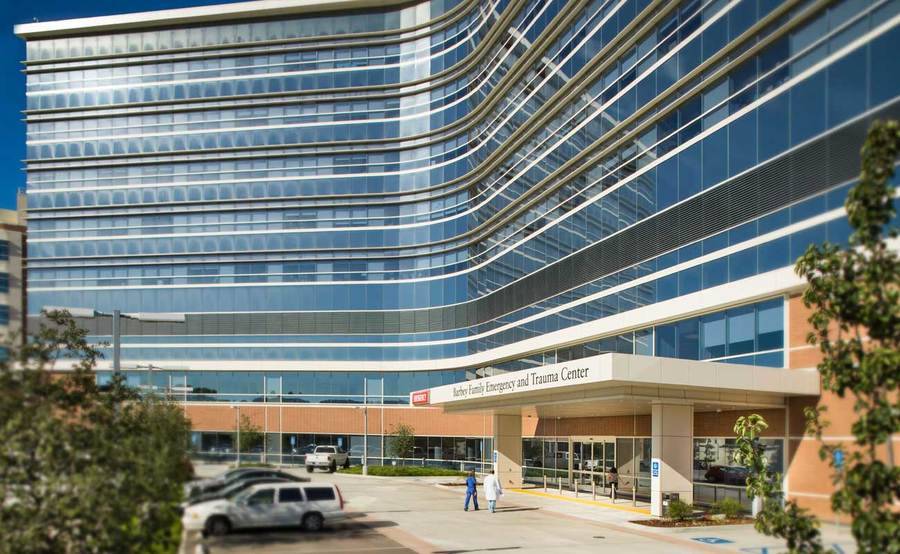All 4 Scripps Emergency Departments Accredited for Geriatric Care
Scripps Mercy San Diego, Scripps Mercy Chula Vista, Scripps Memorial La Jolla, Scripps Memorial Encinitas recognized for high-quality care of older patients

Scripps Mercy San Diego, Scripps Mercy Chula Vista, Scripps Memorial La Jolla, Scripps Memorial Encinitas recognized for high-quality care of older patients
All four of Scripps Health’s hospital emergency departments have been awarded geriatric emergency department accreditation by the American College of Emergency Physicians (ACEP), a designation that recognizes the delivery of a high level of specialized care to older patients.
“Scripps is proud of the care that we provide to seniors across all of our facilities in San Diego County,” said Scripps President and CEO Chris Van Gorder. “This new accreditation at our hospitals offers additional assurance to those patients that practices are in place to deliver appropriate, specialized services that are focused on their needs.”
Seniors make up a significant portion of emergency department patients, accounting for 18% of visits nationwide, according to ACEP, and that figure will continue to grow as the U.S. population over 65 years of age doubles from 43 million in 2012 to 83 million in 2050.
Paying special attention to seniors in emergency departments not only elevates the quality of care they receive, but it also could help mitigate the nation’s rising cost of health care since those patients are more likely to be admitted to the hospital after longer emergency department stays.
To attain the geriatric emergency department accreditation, the four Scripps hospital campuses – Scripps Mercy Hospital San Diego, Scripps Mercy Hospital Chula Vista, Scripps Memorial Hospital La Jolla and Scripps Memorial Hospital Encinitas – met a range of criteria involving staffing, education, guidelines and procedures, equipment and supplies, and the physical environment.
For example, each department has on staff at least one board-certified emergency medicine physician and one registered nurse who have undergone special educational training in the provision of emergency care to older people. Other staff members receive education focused on common complications encountered with older patients such as fall risks, cognitive and behavioral problems, medication management and multiple conditions that increase the complexity of care. Special equipment and supplies, such as walkers and canes, are available to help patients with mobility issues. And older patients always have free access to food and drinks while receiving emergency care.
Additionally, the departments showed a particular focus on a smooth transition from care in the hospital to the home to reduce the chance of an older patient being readmitted.
Through special programs at the hospitals, staff members use a set of targeted questions to identify higher-risk older patients who need help at home, have been previously hospitalized in recent months, have sight or memory issues, or take more than three medications every day. Those who register a high-risk score on the assessment are paired with a specially trained team, including a physician and social worker, who make sure the patient receives the resources they need to experience a safe and successful discharge.
Through the accreditation process, the Scripps emergency departments were recognized for providing excellent care for seniors, said Sandy Schneider, MD, director of emergency medicine practice at ACEP, in letters announcing the designations. “The GEDA program is the culmination of years of progress in emergency care for older adults,” she wrote.
Learn more about Scripps Health, a nonprofit integrated health system in San Diego, Calif.
Media Contact
- Keith Darce
- 858-678-7121
- darce.keith@scrippshealth.org